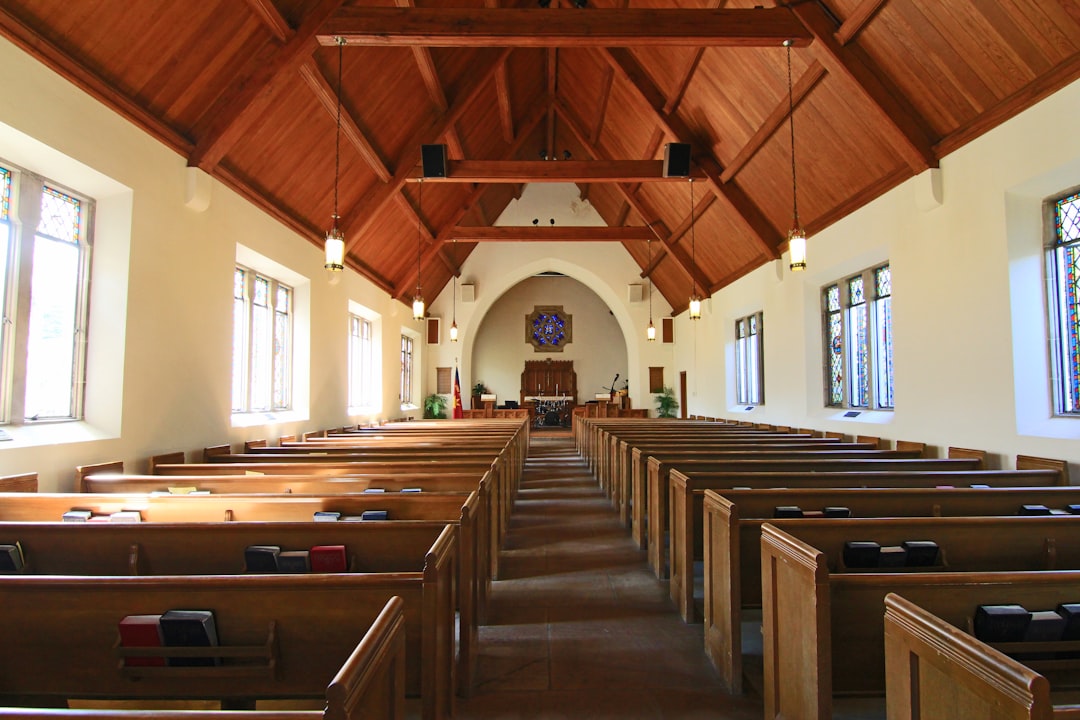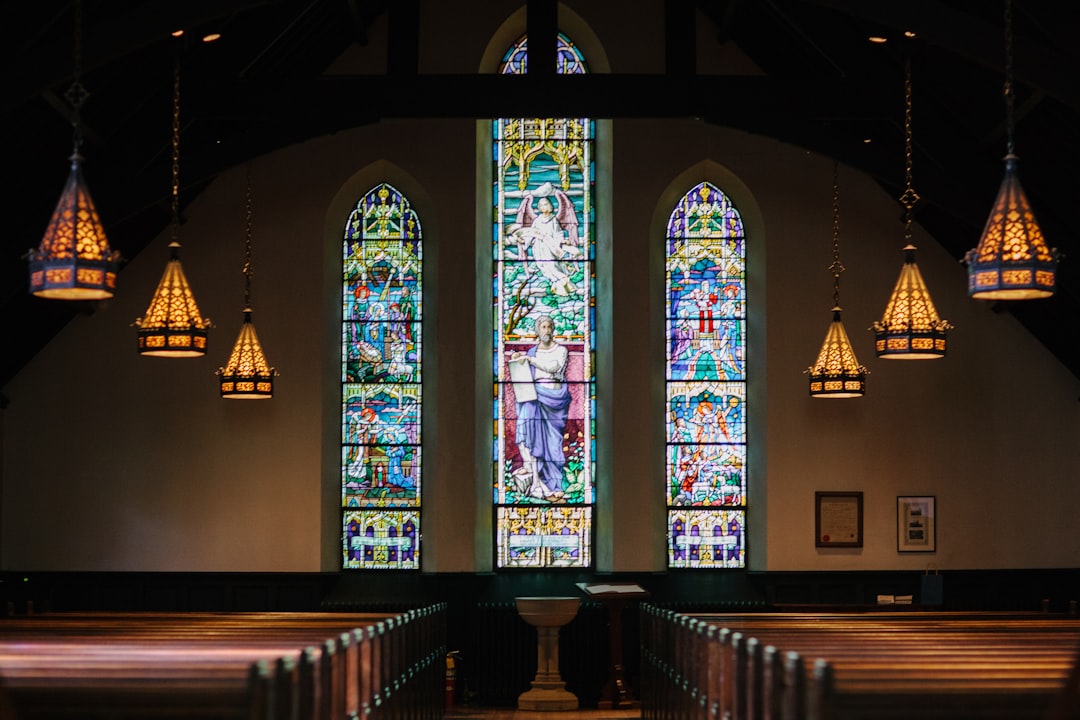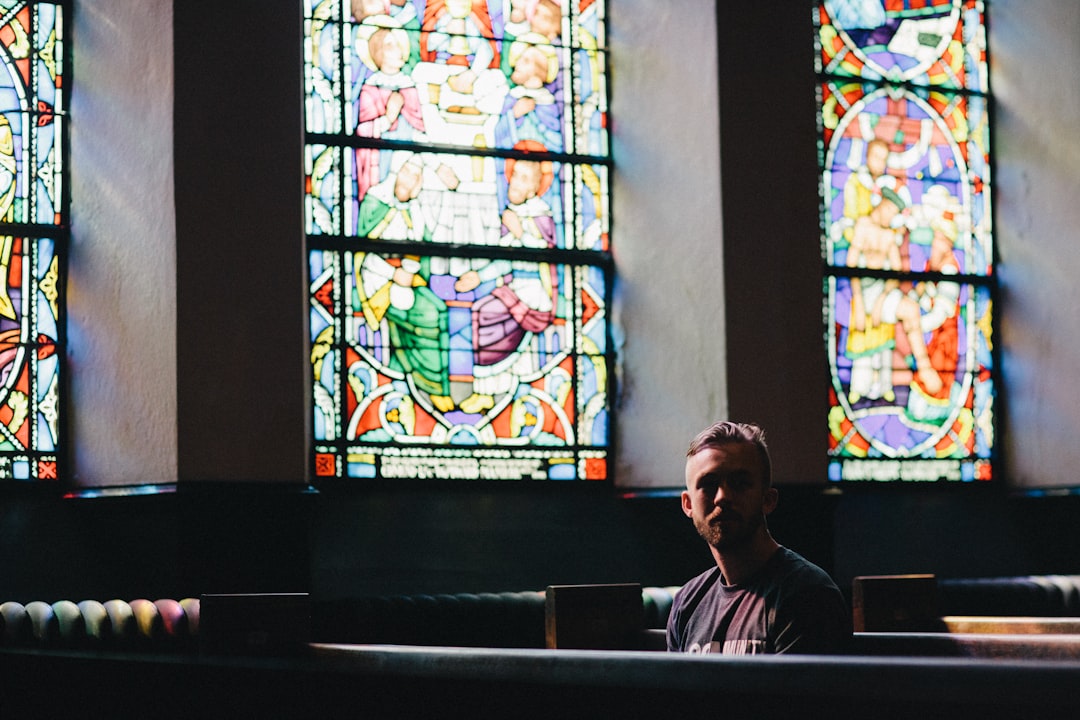In Georgia, clergy sexual abuse claims have gained prominence due to their severe impact on victims and the demand for justice. Specialized clergy abuse attorneys help survivors overcome cultural barriers and legal complexities to pursue criminal charges or civil lawsuits against perpetrators and hold religious organizations accountable. With no statute of limitations, survivors are encouraged to come forward at any time. Choosing a competent clergy abuse attorney Georgia is crucial, focusing on specialists with proven success rates and empathetic guidance through the legal system. Survivors should first consult such an attorney, who will gather evidence, guide them in filing a civil lawsuit, and help prove negligence or emotional distress for potential compensation. Organizations like the National Sexual Assault Hotline offer confidential resources to aid healing and recovery.
In Georgia, clergy sexual abuse claims have gained significant attention, shedding light on a sensitive and devastating issue. This article explores the complex landscape of understanding and addressing clerical abuse within the state. We delve into survivors’ legal rights, the importance of choosing the right clergy abuse attorney, and the specific Georgia legal process for such claims. Additionally, we provide resources to support victims navigating this challenging journey towards justice.
Understanding Clergy Sexual Abuse in Georgia

In Georgia, clergy sexual abuse claims have gained significant attention due to their profound impact on victims and the need for justice. Clergy abuse attorneys in Georgia play a crucial role in advocating for individuals who have suffered sexual exploitation within religious institutions. This type of abuse often involves a power imbalance, making it especially insidious and difficult for victims to come forward. Many victims struggle with silence due to cultural norms, fear of retaliation, or feelings of shame, which can prolong the healing process and prevent them from seeking legal recourse.
Understanding clergy sexual abuse requires recognizing its various forms—including but not limited to, unwanted physical contact, exploitation, coercion, and manipulation—that occur within a religious context. Georgia’s laws regarding clergy abuse are designed to protect vulnerable individuals and provide avenues for justice. Clergy abuse attorneys specialize in navigating these complex legal systems, offering victims the support they need to pursue criminal charges or civil lawsuits against perpetrators and hold religious organizations accountable.
Legal Rights for Survivors of Clerical Abuse

Survivors of clerical sexual abuse in Georgia have legal rights and options available to them. If you or someone you know has experienced such abuse, it’s crucial to understand your entitlements. A clergy abuse attorney in Georgia can provide guidance tailored to state laws and help navigate the complexities of filing a claim.
These attorneys specialize in helping survivors seek justice and compensation for the harm they’ve endured. They can assist with legal processes, negotiations with insurance companies or the church, and even represent clients in court if necessary. It’s important to remember that there is no statute of limitations on reporting or pursuing claims related to sexual abuse, ensuring that survivors can come forward at any time to seek the help they deserve.
Choosing the Right Clergy Abuse Attorney

Choosing the right clergy abuse attorney in Georgia is a crucial step for survivors seeking justice and healing. It’s essential to find a lawyer who specializes in handling such sensitive cases, understands the unique dynamics involved, and has experience navigating Georgia’s legal system. Look for attorneys with a proven track record of success in clergy sexual abuse cases, as this indicates their competence and commitment to advocating for victims’ rights.
When selecting a clergy abuse attorney Georgia, consider lawyers who offer a supportive and confidential environment, ensuring you feel comfortable sharing your story. The attorney should be empathetic, knowledgeable about state laws related to clergy abuse, and skilled in negotiating settlements or representing clients in court. Ensure they have the resources and dedication to thoroughly investigate your case and provide robust legal representation.
The Georgia Legal Process for Abuse Claims

In Georgia, the legal process for filing a claim against a clergy member or religious organization accused of sexual abuse involves several steps. The first course of action is to contact a clergy abuse attorney in Georgia who specializes in such cases. They will guide you through the process and help gather evidence, which may include medical records, witness statements, and any relevant communications with the accused or the institution.
Once prepared, victims can file a civil lawsuit in a state court alleging negligence, intentional infliction of emotional distress, or other applicable causes of action. The burden of proof lies with the plaintiff, requiring them to present compelling evidence demonstrating that the defendant clergy member or organization owed a duty of care, breached that duty, and directly caused the victim’s damages. A successful claim can result in compensation for medical expenses, therapy costs, and emotional distress.
Supporting Victims: Resources and Help

Many survivors of clergy sexual abuse struggle with trauma, guilt, and shame. If you or someone you know has experienced such abuse at the hands of a religious leader in Georgia, it’s crucial to remember that help is available. There are dedicated clergy abuse attorney Georgia who can provide legal counsel and support while guiding victims through the process of seeking justice.
Organizations like the National Sexual Assault Hotline (800-656-4673) offer confidential resources, including counseling, advocacy, and information about filing a report. These services are vital for helping survivors heal and rebuild their lives. It’s important to remember that taking action can bring closure and prevent future harm, and seeking help is the first step towards recovery.






